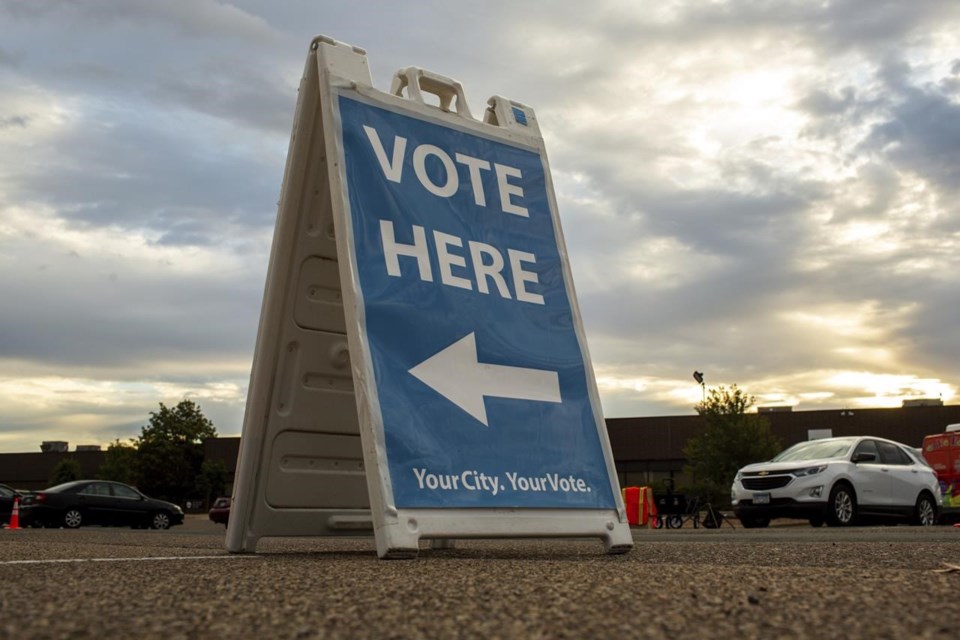Can noncitizens vote in U.S. elections?
Federal law bans noncitizens from voting in federal elections, including races for president, vice president, Senate or House of Representatives.
The states that noncitizens who vote illegally will face a fine, imprisonment or both. Noncitizens who cast a ballot and get caught may also face deportation.
When people in the U.S. register to vote, they confirm under penalty of perjury that they are U.S. citizens. Several states also verify that registration against federal and state databases.
Some politicians and pundits have raised alarm that noncitizens could be voting illegally in high numbers. Studies show this isn’t happening, according to Ron Hayduk, a political science professor at San Francisco State University who studies noncitizen voting laws.
While there have been anecdotal reports of noncitizens registering and casting ballots, “the incidence of such occurrences is infinitesimal," Hayduk said.
Research by the Brennan Center for Justice in 2017 looked at 42 jurisdictions in the 2016 election, and reported that of 23.5 million votes cast, election officials of potential noncitizen voting that they referred for prosecution or further investigation.
More recent investigations also haven’t shown proof of widespread noncitizen voting. A conducted this year found fewer than 2,000 instances of noncitizens attempting to register to vote over the last 25 years, none of which succeeded. Millions of new Georgia voters registered during that time period.
Federal law doesn’t stop states or municipalities from granting noncitizens the right to vote in local races — and a handful have, including 11 towns in Maryland and two in . New York City this year passed a law that would allow legally documented noncitizens and “Dreamers” to vote for mayor and other elected officials, but a judge in June.
___
The AP is answering your questions about elections in this series. Submit them at [email protected]. Read more here:
Ali Swenson, The Associated Press




